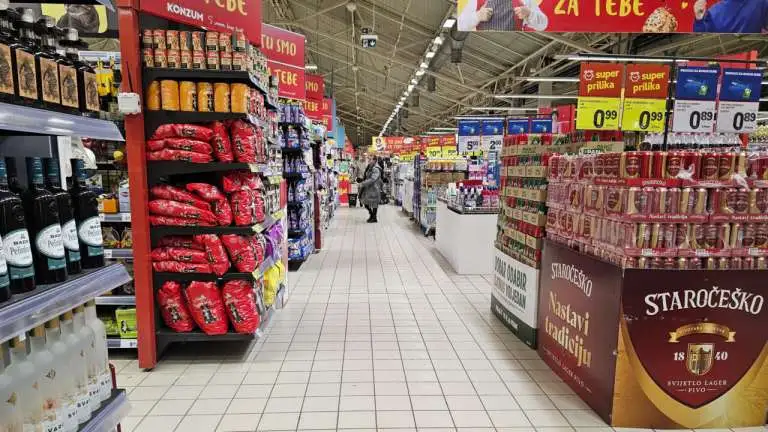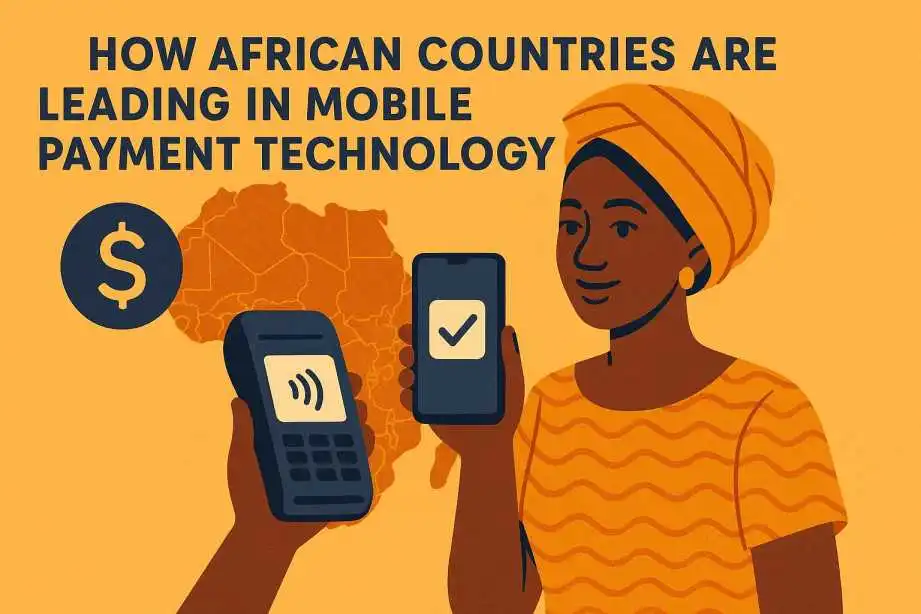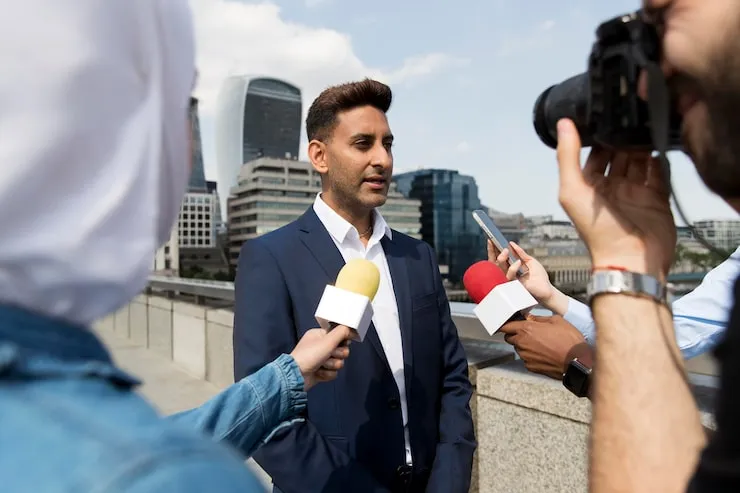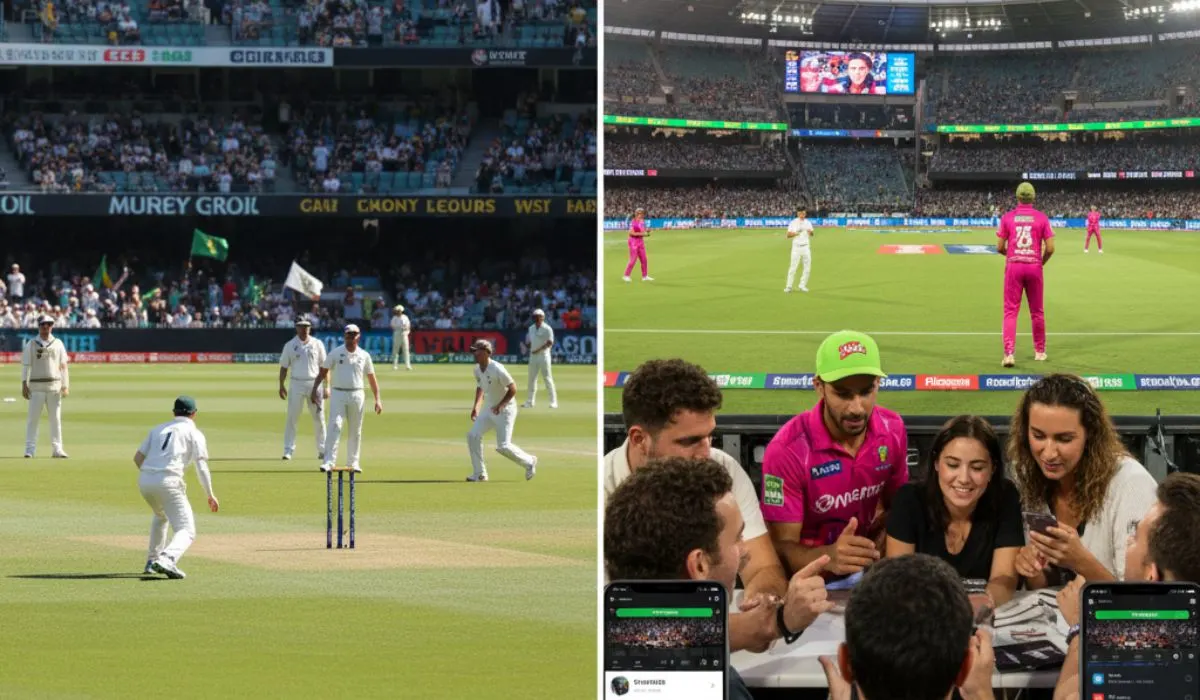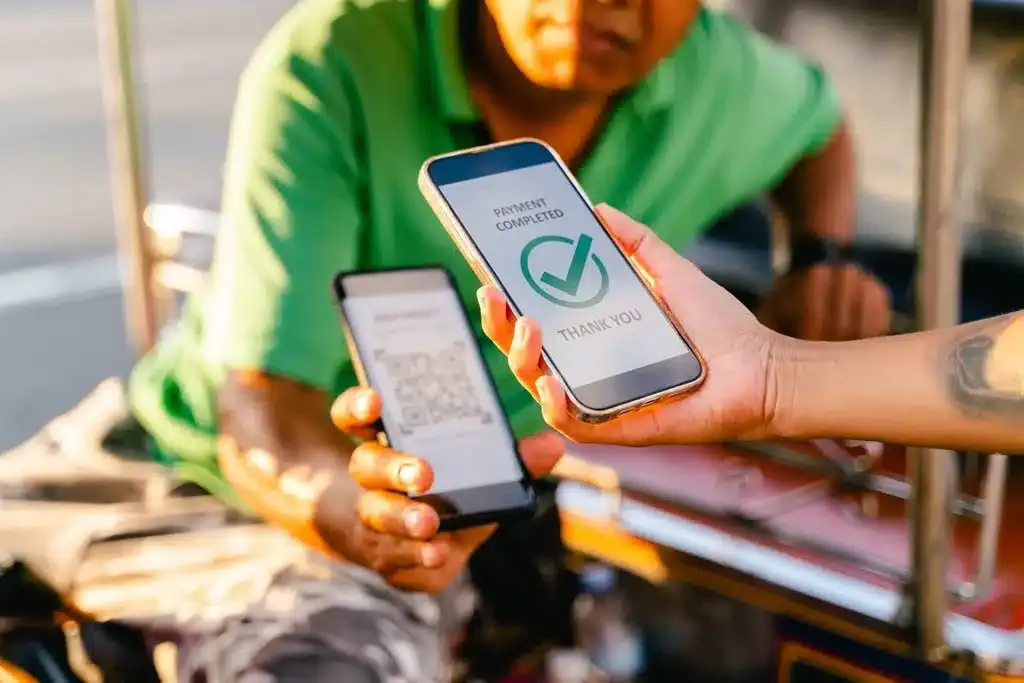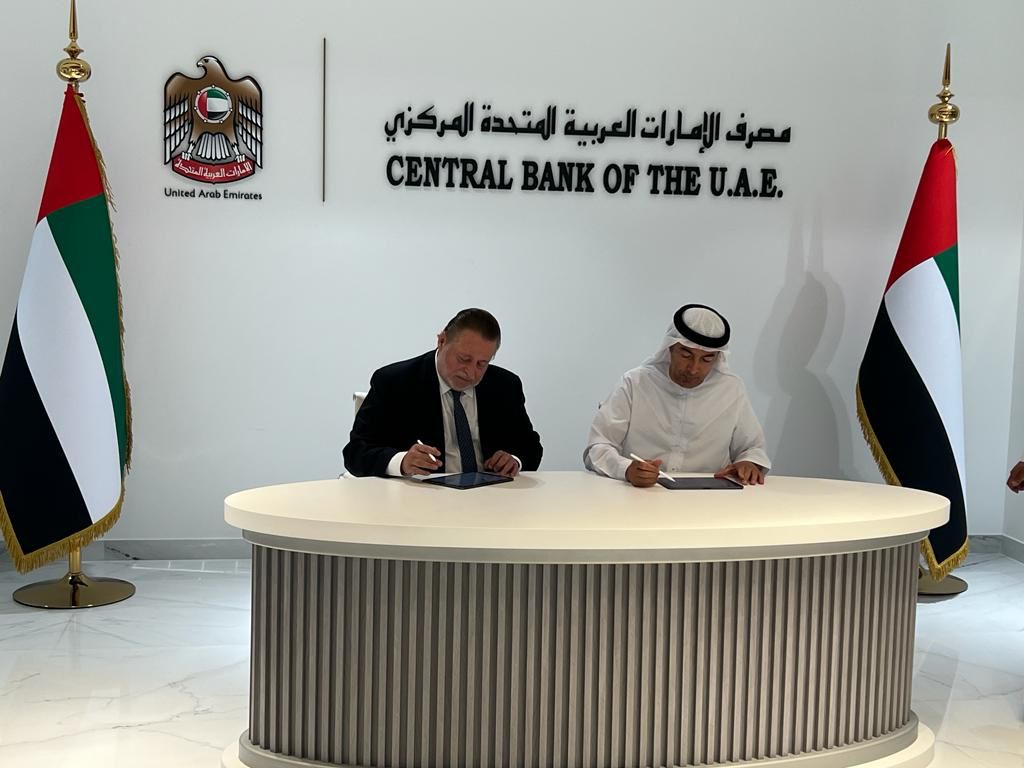
Photo credit: CBE Governor Hassan Abdalla’s X account
This is the fourth vendible in the series ‘Egyconomy’ by Egyptian Streets, where Marina Makary explores current trends and debunks popular misconceptions surrounding the Egyptian economy.
The Inside Bank of the UAE (CBUAE) and the Inside Bank of Egypt (CBE) signed a bilateral currency swap try-on involving the UAE dirham and the Egyptian pound, last Thursday, 28 September
Inked by Governor of the CBUAE Khaled Mohamed Balama and Governor of the CBE Hassan Abdalla, the try-on allows the two inside banks to mart up to USD 1.36 billion, roughly AED 5 billion and EGP 42 billion.
“In line with the efforts of the UAE and Egypt’s leadership to interreact increasingly widely wideness multiple areas, the CBUAE is keen to deepen its cooperation with the CBE to unzip worldwide interests, positively impact the trade, investment and financial sectors, and enhance financial stability,” Balama said in an official statement.
According to Investopedia, currency swaps are financial agreements between two parties to mart an value of one currency for an equivalent value of flipside currency.
This try-on reduces the undersong of importing goods and services to Egypt in US dollars. By creating bilateral financial transactions in other currencies, Egypt will lessen its dependence on US dollars. For example, Egypt will not need to pay for fuel and petroleum imports in US dollars in the context of the currency swap.
The Egyptian economy has been struggling with an unprecedented shortage in foreign currency. With three devaluations since March 2022, the Egyptian pound has lost scrutinizingly half of its value.
As a result, the Egyptian government and the CBE have been exerting efforts to support the unsound economy.
This is not Egypt’s first currency swap. In 2016, China and Egypt signed an 18 billion yuan (USD 2.62 billion) three-year bilateral currency swap. In a visit to Beijing recently, Abdalla discussed the possibility of flipside currency swap with China.
In August 2023, Egypt, slantingly five other countries, became the newest members of the BRICS bloc — a group of emerging economies that includes Brazil, Russia, India, China, and South Africa. The move aimed to help Egypt meet foreign currency crunches and upkeep deficits. As a member of BRICS, Egypt can ask to buy US dollars using its local currency to meet emergency shortages in its foreign currency reserves.
As the largest international investor in Egypt, the UAE has a strong trade, political, and economic relationship with Egypt.



